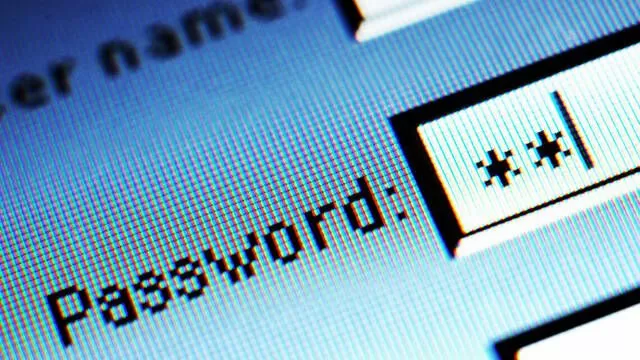Detect in seconds if your passwords or emails have been hacked and are on the Dark Web

In an era where personal information has become one of the most valuable assets, internet security breaches are a constant risk. Millions of users have seen their data—emails, passwords, phone numbers—exposed in underground forums or leaked databases.
Cybersecurity experts remind us that checking whether our information has been compromised is not only advisable, but essential to maintaining our digital security. One of the most accessible methods to verify possible leaks is through the Have I Been Pwned portal, created by Microsoft engineer Troy Hunt after the massive Adobe data breach in 2013.
This free tool allows users to enter an email address or password to find out if they have been involved in any of the more than 800 breaches documented so far. It’s quick and easy to use: a green result indicates no compromised records, while a red result indicates the appearance of compromised records in hacked databases, also detailing the specific incidents.
Thefts are only increasing
The outlook is not encouraging: according to current figures, Have I Been Pwned has recorded nearly 15 billion stolen accounts. This volume reflects not only the increasing sophistication of attacks but also persistent bad practices among users, such as the use of repeated or weak passwords. Recent reports from companies like NordPass reveal that 70% of the most commonly used passwords can be cracked in less than a second using brute-force attacks, underscoring the urgency of adopting better protection habits.
The vulnerability is exacerbated when credentials are reused across different services, a practice that allows cybercriminals to cascade access to multiple accounts once one has been compromised. Experts recommend immediately changing affected passwords, even on platforms no longer commonly used, and opting for unique and strong combinations.



Leave a Comment